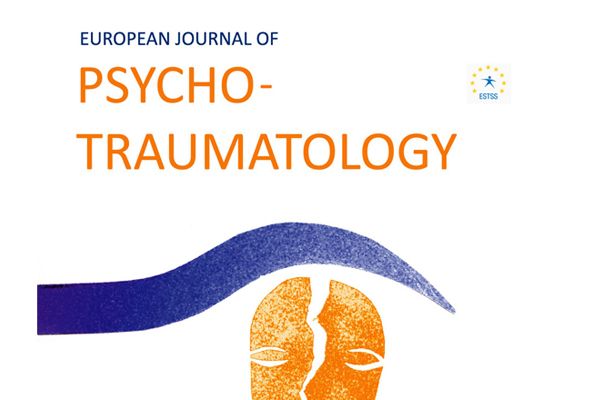20 juli 2020
European Journal of Psychotraumatology
Matty D. A. Karsten, Vincent Wekker, Anne Bakker, Henk Groen, Miranda Olff, Annemieke Hoek , Ellen T. M. Laan & Tessa J. Roseboom
https://doi.org/10.1080/20008198.2020.1764246
Abstract
Background: Traumatic sexual experiences can negatively affect sexual functioning and increase pelvic floor activity in women, especially when post-traumatic stress disorder (PTSD) is developed. However, little is known about the effect of other types of interpersonal and non-interpersonal, traumatic experiences on sexual function and pelvic floor overactivity.
Objective: The aim of this study was to examine the effects of lifetime traumatic experiences and subsequent PTSD symptoms on sexual function and pelvic floor activity and to investigate whether the effects differ for interpersonal and non-interpersonal trauma.
Methods: Women (N=82) with obesity and a history of infertility, participating in a follow-up study of an RCT investigating a lifestyle intervention program, completed questionnaires on lifetime exposure to traumatic events (LEC-5), PTSD symptoms (PC-PTSD-5), sexual function (MFSQ) and pelvic floor activity (AOPFS-SV).
Results: A large majority of women (85%) reported exposure to at least one traumatic event during their lifetime. Sexual function and pelvic floor activity did not differ between women who experienced non-interpersonal or interpersonal (including sexual) trauma and those who did not experience traumatic events during their lifetime. Women who had developed PTSD symptoms, however, did have higher pelvic floor activity, but sexual function was not affected. Women with a positive screen for PTSD had the highest pelvic floor activity score, and individual PTSD symptoms nightmares and hypervigilance were associated with significantly higher pelvic floor activity scores.
Conclusion: Trauma exposure is associated with pelvic floor overactivity in women with a positive screen for PTSD, such that pelvic floor overactivity is more severe with greater PTSD severity. These findings suggest that the development of PTSD after interpersonal trauma is pivotal in this association. Sexual function was unrelated to trauma exposure and pelvic floor function, perhaps related to the fact that the interpersonal trauma events reported in this study were mainly non-sexual.
Keywords: trauma and stressor related disorders; posttraumatic stress disorder; psychological trauma; interpersonal trauma; sexual trauma; non-interpersonal trauma; sexual dysfunction; pelvic floor overactivity; pelvic floor muscle activity
Received 14 Jan 2020, Accepted 24 Apr 2020, Published online: 16 Jun 2020

Het European Journal of Psychotraumatology (EJPT) is een peer-reviewed, interdisciplinair wetenschappelijk tijdschrift dat deel uitmaakt van de European Society for Traumatic Stress Studies (ESTSS).
Het EJPT heeft als doel om wetenschappers, behandelaren en experts te betrekken bij de belangrijkste vraagstukken rond stress en trauma, waaronder individuele gebeurtenissen, herhaalde of chronische trauma's, grootschalige rampen en geweld.

